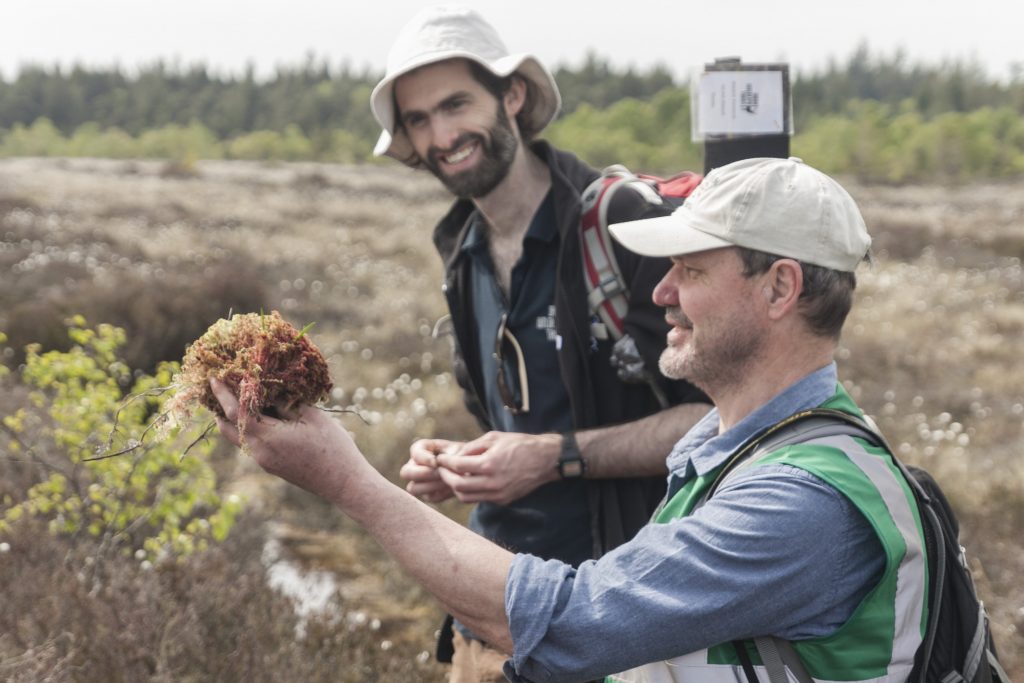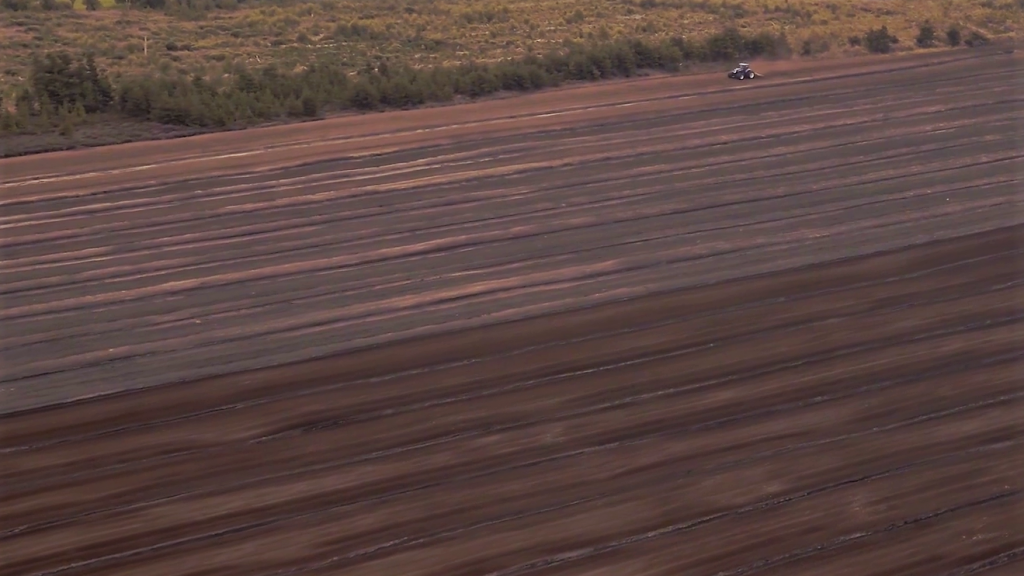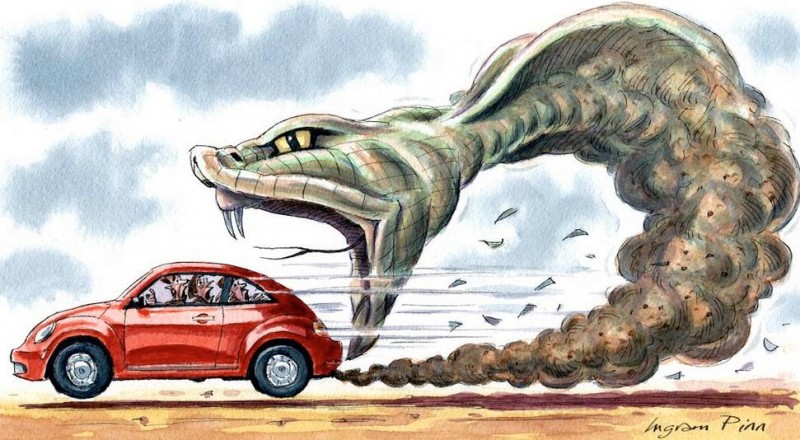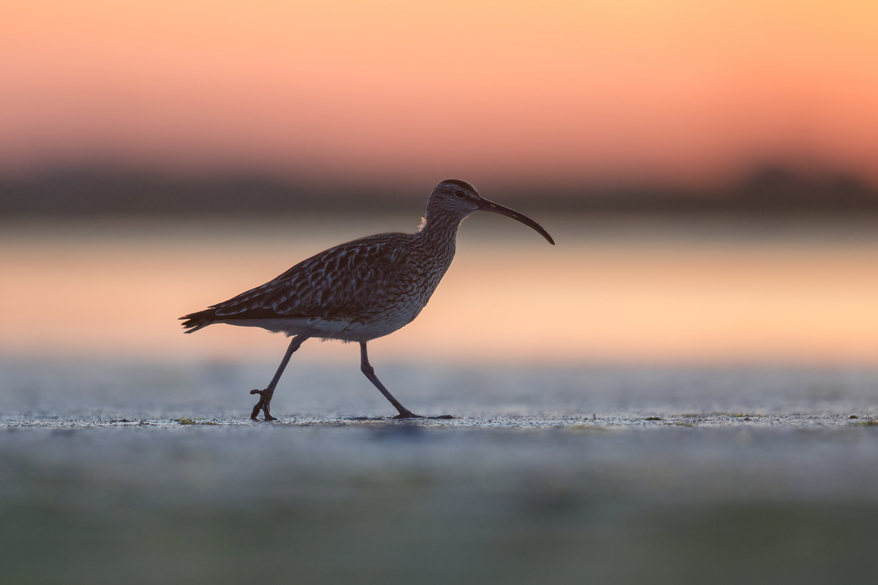Protecting wetlands more important now than ever before

February 6th, 2019
Wetlands cover a significant proportion of Ireland. They provide water to us and our wildlife, purify water and play a crucial role in controlling floods and reducing the effects of climate change.
Ireland’s wetlands are diverse. Inland, they can vary dramatically in size, and include freshwater springs, ponds, rivers and lakes as well as bogs marshes and fens.
Many are hydrologically linked, and some also connect to the sea through networks of streams and rivers. These connected water bodies also provide corridors for migrating fish such as salmon and eel). Offshore, all marine waters up to a depth of six meters are considered coastal wetlands.
Wetlands provide a number of critical ecosystem services. They are like sponges which can absorb large quantities of water and releasing it slowly over time. In a country where rainfall occurs throughout the year, we would be truly lost without this service.
Without a range of wetlands to soften the blow of heavy rainfall, rivers would break their banks more frequently – imagine the devastating damage that would be caused to towns and villages that have formed around rivers and water bodies.
The sponge-effect also prevents the radical fluctuation of the water table and nutrients, allowing for the production of much more crops and timber. As water flows through these natural sponges, pollutants and sediments are also filtered, cleaning the water as it goes.
If wetlands were not there to catch it, run-off carrying these pollutants could cause the likes of algal blooms which have devastating effects on lake, river and ocean ecology.
Clean water helps to sustain a healthy and diverse range of wildlife which in turn benefits us. For example, over two-thirds of the world’s fish harvest is linked to the health of coastal and inland wetland areas.

Chris Uys of the Abbeyleix Bog Project explaining the absorption power and important role placed by sphagnum moss for flood mitigation Photo: Niall Sargent
Natural carbon storage
Bogs and marshes are often overlooked, yet they perform a vital role in mitigating climate change effects by acting as a carbon store. Peatlands in particular store 20 to 30 per cent of the world’s soil carbon – three times more than that stored in tropical rainforests.
That alone makes them worthy of conserving with some types of peatlands in Ireland particularly special because they are unique both in Europe and internationally.
Providing healthy habitats for a diversity of plant and animal species, wetlands also form an important network of ecological sites for many species on migration.
Because our wetlands help to sustain species that migrate from across the globe, we have a responsibility to protect them – which means we must protect the wetland habitats they rely on.
The value of wetlands to the economy is estimated at €385 million per year and wetlands also contribute a component of the €330 million nature and eco-tourism value of Irish habitats.

Photo: Friends of the Irish Environment
Threats to Irish wetlands
Despite this value, several threats continue to face Irish wetlands, primarily peat extraction, drainage for water extraction, agricultural use, private forestry and industrialisation.
Development also poses a threat because it has many knock-on effects – flooding, loss of biodiversity, pollution, damage from industrial and agricultural run-off.
In addition, expanding distributions of invasive species is causing significant harm to our wetlands and the native species that live in them.
For every argument that can be made for these activities to continue, there are multiple reasons why it is in our interest to protect this vital resource.
In the past, many wetlands were seen as wasteland and even used as dumps. Now their value both aesthetically and recreationally is becoming increasingly recognised.
They give us a sense of wilderness and open space, and a place for recreation such as hiking, fishing, shooting, boating and birdwatching.
Though human activity can cause significant disturbance to wildlife, the shift in opinion is an important step to appreciating the true value of wetlands.
On 2 February the enthusiasm the public have for wetlands was shown by those who attended World Wetlands Day events around the country.
Wetlands represent joy and health for individuals, wildlife, for the country and for the planet. Now more than ever it is crucial we protect them.
By Niamh Fitzgerald
Niamh is a member of the Irish Ramsar Wetland Committee (as a representative of the Irish Environmental Network) and is the Irish Wetland Bird Survey Coordinator at Birdwatch Ireland







